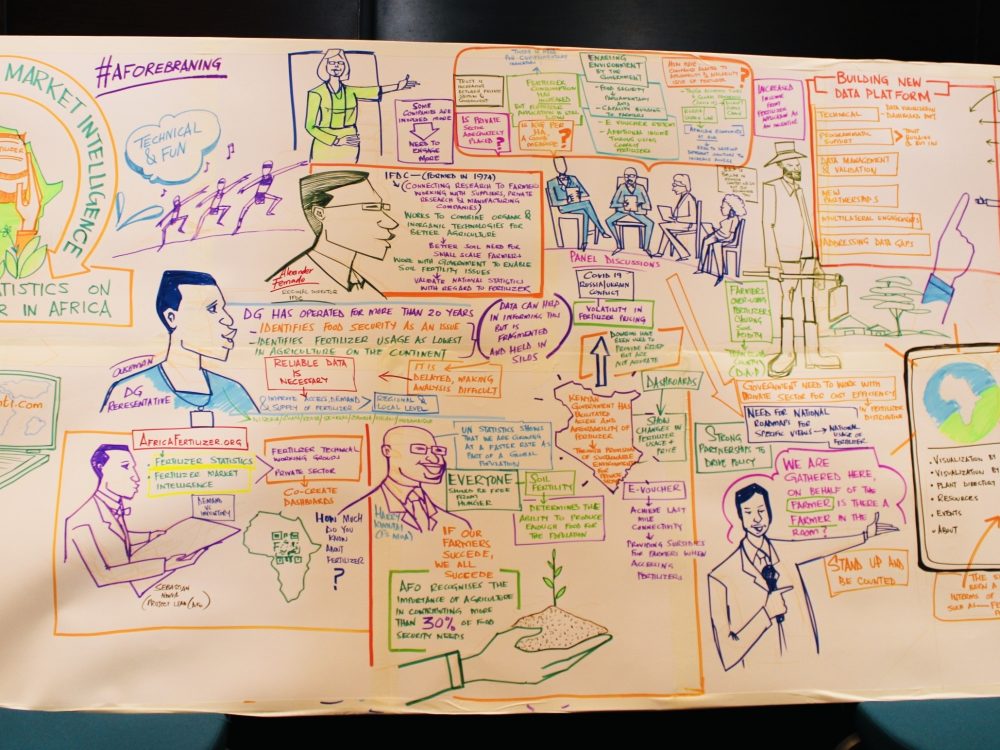Applying M&E to the Open Data Movement
Since its very beginning, Development Gateway has been committed to open data initiatives, and without a doubt great strides have been made in open data acceptance and adoption. More and more development organizations, practitioners, and national governments have begun publishing all sorts of programmatic and financial information.
The “goal” of the Movement, in an international development context, is to provide a foundation for greater government accountability through transparency; this openness simultaneously encourages smarter and more efficient programmatic interventions by closing the feedback loop.
Yet just under the surface of this movement, a lingering question remains – is the Open Data Movement making a difference? Many organizations are examining the impact of open data (see the Web Foundation and IDRC’s Open Data Research Project). However, we’re taking a different approach – with the above goal as a baseline, how has the Movement performed thus far, using M&E benchmarks?
Relevance of Open Data – On track
- In an increasingly digital world, shareable and verifiable information has never been more important.
- For the results-based M&E of governments and organizations, open data is key to creating and evaluating programmatic effectiveness.
- For citizens, open data is a critical tool that can be used to hold governments and organizations accountable.
Efficiency of Open Data – In progress
- Through standardization protocols such as IATI and the beta OCDS, users and consumers can easily upload, download, and share consistent and comprehensive datasets.
- Through data transparency, information can be available to anyone, at anytime, anywhere. High-connectivity countries can more easily access this information; for lower-connectivity countries, technology barriers can easily discourage information uptake. Additional problem-solving is needed to lower transaction costs across the board.
Impact of Open Data – On track
- From combining datasets and citizen feedback, to using GIS technology to efficiently plan projects, to reducing transaction costs, impact of open data is still being realized – but we’re off to an auspicious start.
Effectiveness of Open Data – In progress
- From the United Nations to USAID, from the NGO space to national governments, and from researchers to laypeople, open data is changing the planning, execution, evaluation, and the vocabulary surrounding aid, finances, and development.
- While more and more data is open, the feedback loop that can translate citizen voice into practitioner and government action is not complete: open data alone cannot close the feedback loop. More work must be done to create an authorizing environment where citizens feel empowered to give feedback, and where organizations welcome such feedback and are prepared and capable to act on it – thus creating a virtuous cycle of participation and improvement. DG is proud to be a founding member of Feedback Labs, a consortium which aims to facilitate new norms on effective and closed feedback loops.
Sustainability of Open Data – In progress
- Open data production systems and processes are constantly being streamlined and improved (including DG’s Aid Management Program). As long as incentives (prestige, legitimacy, funding) for open data remain constant or increase, open data production will be sustainable for the foreseeable future.
- The consumption of open data – by governments and practitioners to shape policy, by citizens to evaluate policy performance – still must be refined. Key to improving consumption is ensuring that data is, for all stakeholders, relevant, accessible, and easy to understand and interpret. DG is working with several national governments and international organizations to create public portals that display data to the public with more intuitive visuals (including maps and graphs); through AidData, we’re working with researchers and journalists to encourage public discussion around open data; and through partnerships with like-minded NGOs, we’re working to improve the access to and use of open data, and learning how to build and close feedback loops.
Development Gateway remains committed to turning information into results. We have made a lot of progress in turning goals into outcomes, and will continue working to ensure the Movement’s success, with a sharpening focus on the demand side of data.
Share This Post
Related from our library

Building a Sustainable Cashew Sector in West Africa Through Data and Collaboration
Cashew-IN project came to an end in August 2024 after four years of working with government agencies, producers, traders, processors, and development partners in the five implementing countries to co-create an online tool aimed to inform, support, promote, and strengthen Africa’s cashew industry. This blog outlines some of the key project highlights, including some of the challenges we faced, lessons learned, success stories, and identified opportunities for a more competitive cashew sector in West Africa.

Digital Transformation for Public Value: Development Gateway’s Insights from Agriculture & Open Contracting
In today’s fast-evolving world, governments and public organizations are under more pressure than ever before to deliver efficient, transparent services that align with public expectations. In this blog, we delve into the key concepts behind digital transformation and how it can enhance public value by promoting transparency, informing policy, and supporting evidence-based decision-making.

From Data Gaps to Impact: Key Insights from the VIFAA Program
Over the last six years, DG, together with its partners AfricaFertilizer (AFO) and Wallace & Associates, collaborated to implement the Visualizing Insights on Fertilizer for African Agriculture (VIFAA) Program. In the program’s final year (2024), the team undertook a “program learning process” to reflect on outcomes, challenges, and successes through internal interviews. This blog captures five key learnings, which we hope will guide similar programs aiming to bridge data gaps in agricultural development.